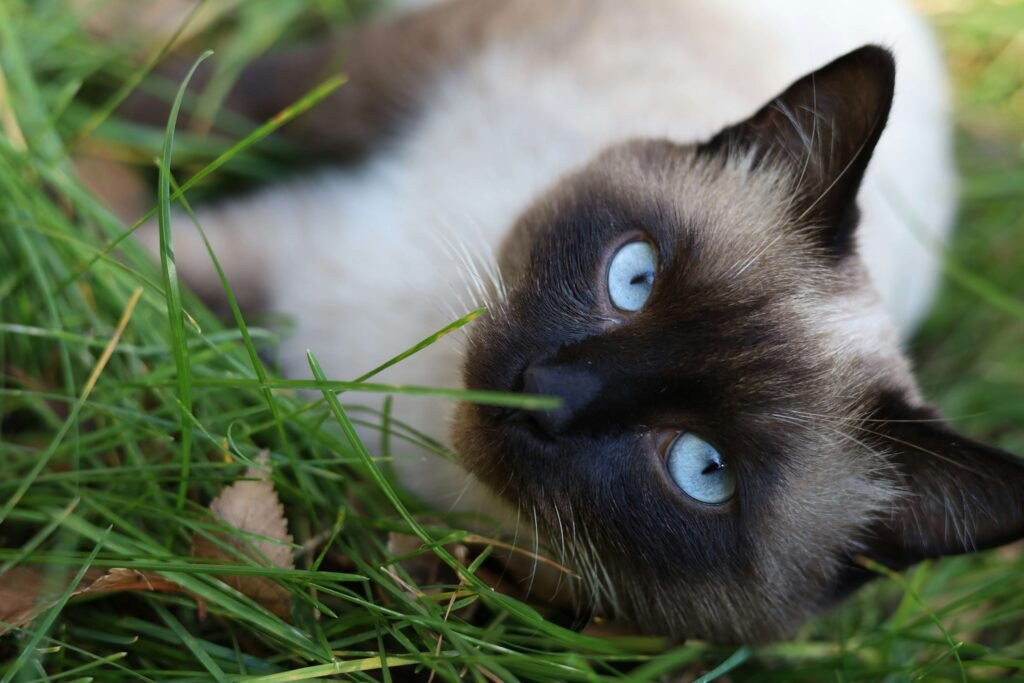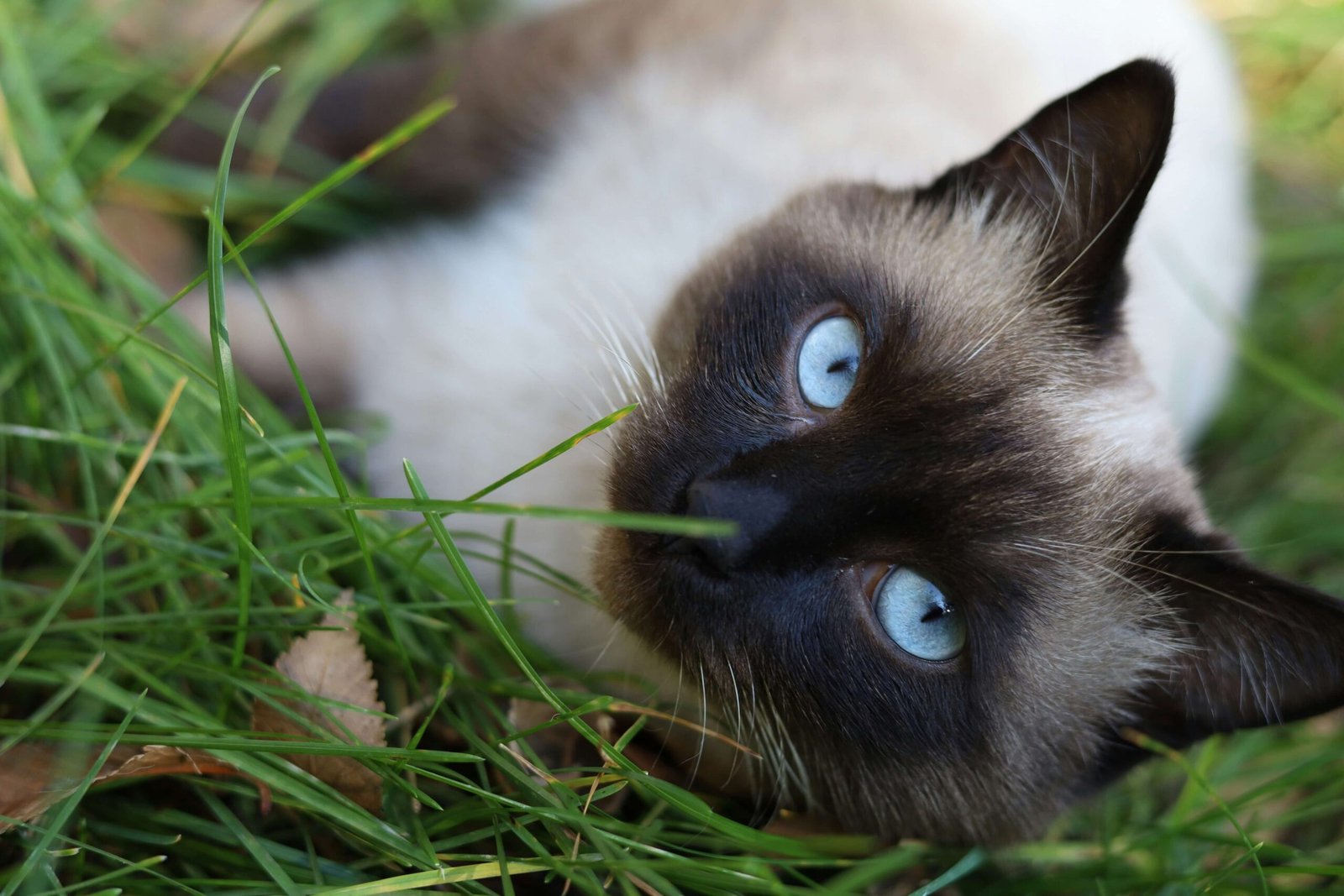Understanding Cat Heart Murmurs: What Every Pet Owner Should Know
If you’ve recently been told that your feline companion has a heart murmur, you’re likely filled with questions and concerns. A heart murmur in cats is not a disease itself but rather a sign that something may be affecting the heart’s normal function. While it can sound alarming, not all heart murmurs are dangerous. Some are harmless and resolve on their own, while others may indicate an underlying health issue that requires attention. In this blog post, we’ll explore what cat heart murmurs are, how they’re diagnosed, and what steps you can take to ensure your furry friend stays healthy and happy.
What Exactly Is a Cat Heart Murmur?
A heart murmur occurs when there is turbulence in the blood flow through the heart, creating an abnormal sound that can be detected during a routine veterinary examination. This turbulence can arise from various causes, ranging from benign conditions to more serious heart problems. Here’s what you need to know about the basics of cat heart murmurs:
A heart murmur is not a diagnosis but a clinical finding.
It is graded on a scale from I to VI, with I being the softest and VI the loudest.
The murmur’s intensity does not always correlate with the severity of the condition.
Some murmurs are “innocent” or physiological, meaning they don’t indicate any underlying disease.
Others are pathological, signaling issues like structural heart defects or systemic illnesses.
Understanding these key points can help you better grasp what your veterinarian might be explaining during a consultation. Remember, a heart murmur is just one piece of the puzzle, and further investigation is often needed to determine its significance.
Common Causes of Heart Murmurs in Cats
The reasons behind a cat’s heart murmur can vary widely. While some causes are relatively harmless, others may require immediate medical attention. Below, we outline the most common factors contributing to heart murmurs in cats:
Congenital heart defects present at birth can lead to abnormal blood flow patterns.
Hypertrophic cardiomyopathy (HCM), a thickening of the heart muscle, is a prevalent cause of murmurs in cats.
Anemia or low red blood cell count can result in turbulent blood flow.
Hyperthyroidism, a condition where the thyroid gland overproduces hormones, can affect heart function.
Fever or infections may temporarily cause a heart murmur due to increased heart rate.
By identifying the root cause of the murmur, veterinarians can tailor treatment plans to address the specific needs of your cat. Early detection and intervention are crucial for managing potential complications.
Check this guide 👉Understanding Cystocentesis in Cats: Best 7 Health Tips!
Check this guide 👉Understanding Skin Tags on Cats: Best 7 Expert Health Tips!

Diagnostic Tools | Treatment Options |
|---|---|
Physical examination | Medications to manage symptoms |
Echocardiogram (ultrasound) | Dietary changes to support heart health |
X-rays of the chest | Surgery for congenital defects |
Blood tests | Regular monitoring by a vet |
Electrocardiogram (ECG) | Lifestyle adjustments for senior cats |
Signs Your Cat May Have a Heart Murmur
While heart murmurs themselves are typically detected during routine check-ups, certain symptoms may prompt you to seek veterinary care sooner. Keep an eye out for these signs, which could indicate an underlying heart issue:
Difficulty breathing or rapid breathing even during rest.
Lethargy or reluctance to engage in physical activity.
Fainting spells or collapsing episodes.
Coughing, though less common in cats than dogs.
Swollen abdomen due to fluid accumulation.
If you notice any of these symptoms, schedule an appointment with your vet as soon as possible. Early intervention can make a significant difference in your cat’s prognosis and quality of life.
How Veterinarians Diagnose Heart Murmurs
Diagnosing the cause of a heart murmur involves a combination of physical exams and advanced diagnostic tools. Here’s a breakdown of the typical process:
Listening to the heart with a stethoscope to assess the murmur’s characteristics.
Conducting blood tests to check for underlying conditions like anemia or hyperthyroidism.
Performing an echocardiogram to visualize the heart’s structure and function.
Taking chest X-rays to evaluate the size and shape of the heart and lungs.
Using an electrocardiogram (ECG) to measure electrical activity within the heart.
These steps allow veterinarians to pinpoint the exact cause of the murmur and develop a personalized treatment plan. Accurate diagnosis is essential for effective management of your cat’s health.
Managing Everyday Life with a Cat Heart Murmur
Living with a cat that has a heart murmur requires some adjustments to ensure their comfort and well-being. While the condition may seem daunting, small changes in your daily routine can make a big difference. Here are some practical tips to help you manage everyday life:
Provide a calm and stress-free environment to reduce strain on your cat’s heart.
Avoid sudden changes in temperature or exposure to extreme heat or cold.
Create cozy resting spots away from loud noises or high-traffic areas.
Monitor your cat’s weight to prevent obesity, which can worsen heart conditions.
Schedule playtime in short, gentle bursts to avoid overexertion.
By implementing these strategies, you can create a supportive environment that promotes your cat’s overall health and happiness. Remember, small adjustments can yield significant benefits.
Foods to Support Heart Health in Cats
Diet plays a crucial role in managing a cat’s heart murmur and supporting cardiovascular health. While no single food can cure a heart murmur, certain nutrients can help maintain optimal heart function. Consider incorporating the following into your cat’s diet:
Taurine-rich foods like chicken, turkey, or specialized cat food formulas.
Omega-3 fatty acids found in fish oil or salmon to reduce inflammation.
Balanced wet food to keep your cat hydrated and support kidney health.
Low-sodium options to prevent fluid retention and strain on the heart.
Antioxidant-rich fruits (in moderation) like blueberries or pumpkin for overall wellness.
A nutrient-rich diet tailored to your cat’s specific needs can go a long way in supporting their heart health. Always consult your vet before making significant dietary changes.
Emotional Support for Cats with Heart Murmurs
Cats with heart murmurs may experience stress or anxiety, especially if they have underlying health issues. Providing emotional support is just as important as addressing physical symptoms. Here are ways to nurture your cat’s emotional well-being:
Spend quality time bonding through gentle petting or grooming sessions.
Use pheromone diffusers or sprays to create a calming atmosphere at home.
Maintain a consistent daily routine to provide stability and reassurance.
Offer interactive toys to stimulate their mind without overexerting them physically.
Speak softly and use reassuring tones to comfort your cat during vet visits.
Emotional care helps strengthen the bond between you and your feline friend while promoting their mental health. A happy cat is often a healthier cat, so don’t underestimate the power of love and attention.
Frequently Asked Questions About Cat Heart Murmurs
Can a cat live a long life with a heart murmur?
Yes, many cats with mild or innocent murmurs live full, healthy lives without complications.
Are heart murmurs painful for cats?
No, heart murmurs themselves do not cause pain, but underlying conditions might lead to discomfort.
How often should my cat be checked if they have a heart murmur?
Regular follow-ups every 6–12 months are recommended, depending on the severity and underlying cause.
Can diet help manage a cat’s heart murmur?
A balanced diet rich in taurine and omega-3 fatty acids can support overall heart health.
Is surgery ever required for heart murmurs?
Surgery may be necessary for congenital defects or severe cases of heart disease.
Caring for Your Cat with a Heart Murmur
A heart murmur in your cat doesn’t have to spell doom. With proper care, monitoring, and veterinary guidance, many cats with murmurs lead happy, fulfilling lives. As a responsible pet owner, staying informed and proactive is key. Regular check-ups, a nutritious diet, and attentiveness to your cat’s behavior will go a long way in ensuring their well-being. Remember, knowledge is power—armed with the right information, you can give your feline friend the best chance at a healthy future.
Do Cats Have Taste Buds? Best 7 Expert Tips! – Discover how cats experience flavors and why their taste is so unique.
Do Dogs Have Taste Buds? Best 7 Expert Tips! – Discover how dogs experience taste, their preferences, and what it means for their diet and health.
Can Cats Taste Sweet? Best 7 Expert Tips! – Discover why cats can’t taste sweetness, how it affects their diet, and tips to keep them healthy and happy.
Can Dogs Taste Sweet? Best 7 Expert Tips! – Discover how dogs perceive sweetness, which foods are safe, and tips to manage their sweet cravings responsibly.





